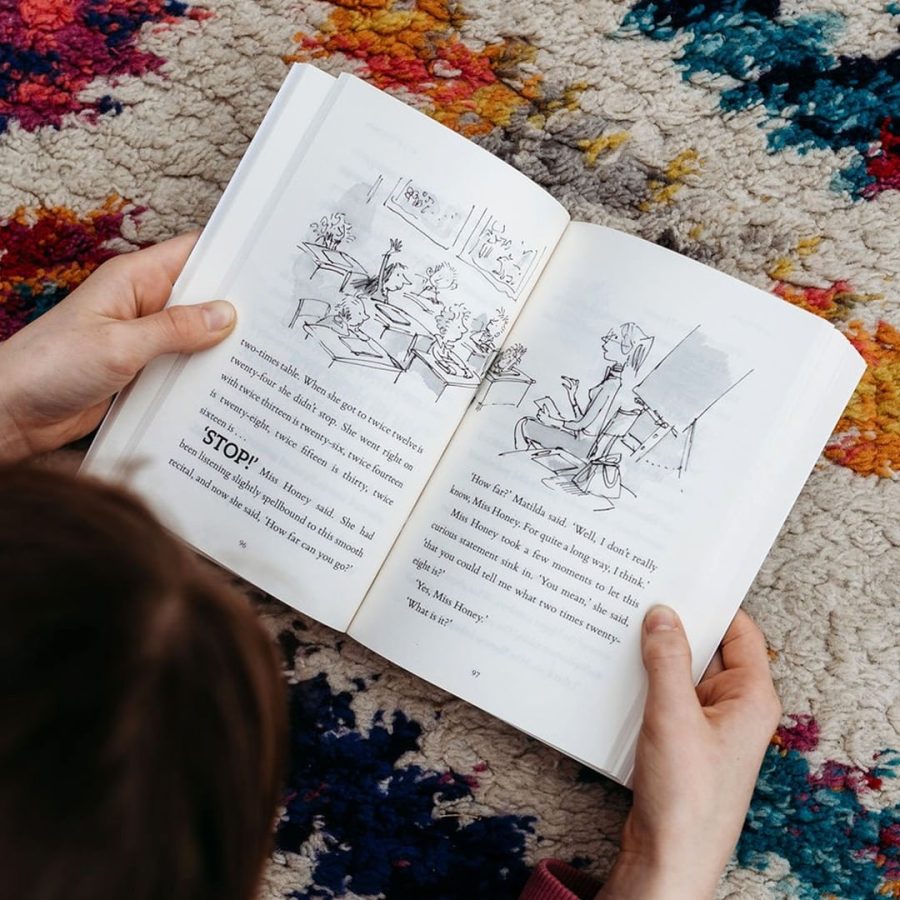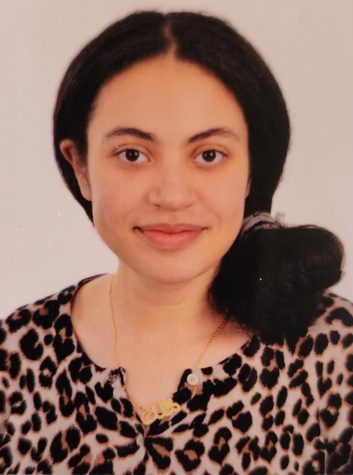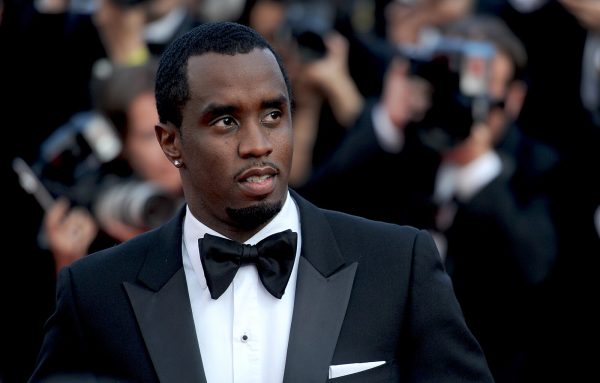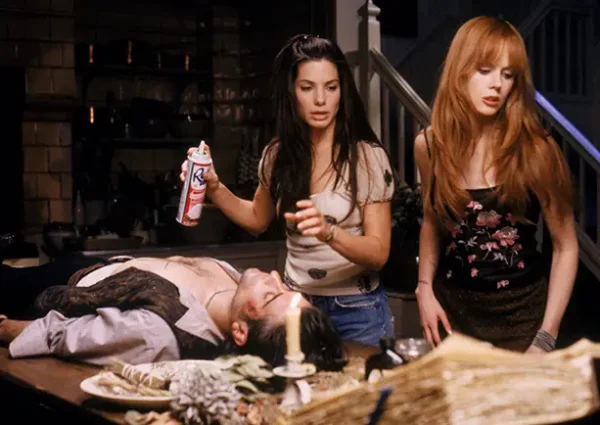The decision to alter classic Roald Dahl stories is a step in the wrong direction
March 6, 2023
Roald Dahl has a legacy. A prominent figure in the children’s literature and publishing world, Dahl has published some of the western world’s most classic children’s stories, like “James and The Giant Peach,” “Charlie and The Chocolate Factory” and “Matilda,” all of which have been made into films (and even remade several times). However, Puffin Books, an imprint of Penguin Random House, decided to re-edit Roald Dahls’ books to “accommodate modern day readers” so that the “wonderful stories and characters continue to be enjoyed by all children today.”
Puffin altered Dahl’s original work and substituted words such as “fat” or “ugly” and replaced “cloud-men” with “cloud-people,” yet those words were Dahl’s thoughts. A decision like this is threatening the future of freedom of expression. Altering original voices may cause an unhealthy amount of uniformity and ultimately strip writers of their freedom of speech. What if the “cloud-men” really were all men, and if a character really was “fat?” They are Dahl’s characters and originated from his imagination. If some readers dislike his word choice and choose to boycott the stories because of scattered words that they consider offensive, then they have the right to do so. If books are edited to please some people, then all books should be revised to please all people.
It should also be considered that countries such as the United States and the United Kingdom have long been safe havens for writers to write without consequence and the fear of censorship. This is direct censorship. It’s not a good reflection of either the Constitution or its promises.
Some argue that these changes allow for Dahl’s books to be read by future generations without young readers encountering offensive language. However, by making these edits, future generations will lose their sense of history and have no sense of a linguistic background. If other publishing companies follow suit, how will future generations analyze, compare and contrast classic writers to modern writers?
Others worry that children may imitate the insensitive language they find in books, but let’s face it, today’s children are on the Internet and it is also filled with insensitive language. While parental controls exist, should every video on TikTok be edited for content? It’s truly a double-standard.
It’s also worth noting that Puffin Books is not entirely making these changes to Dahl’s work because they necessarily care, it ultimately comes down to a marketing tactic. Forbes, a business magazine, broke down what they called the “scam-er, marketing genius:” Those who are opposed to changes rush to purchase older versions and used copies of the books. Likewise, those who support the change will order the new version.
Before rushing to support the edits because it seems like the inclusive way to go, it’s critical to think more broadly and understand what it means now and in the long run.













